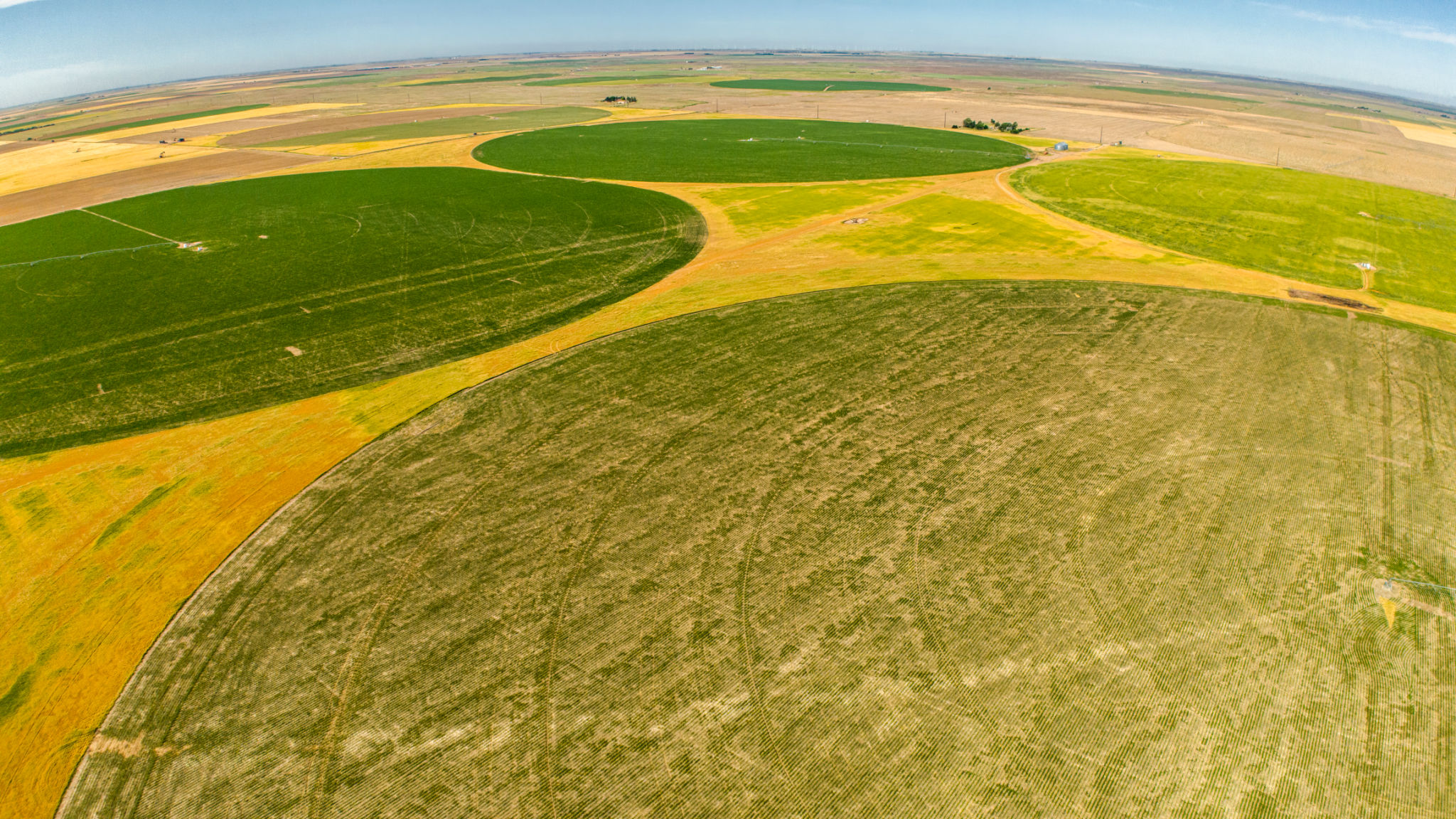The Future of Hemp Farming: Trends to Watch
Introduction to the Booming Hemp Industry
The hemp industry has witnessed significant growth in recent years, driven by increasing consumer interest in sustainable and versatile products. As regulations continue to evolve, hemp farming is poised to become a cornerstone of sustainable agriculture. This post explores the emerging trends shaping the future of hemp farming and highlights the potential opportunities for farmers and investors alike.

Advancements in Hemp Cultivation Techniques
One of the most exciting trends in hemp farming is the development of advanced cultivation techniques. Farmers are adopting precision agriculture technologies, which enable them to monitor crop conditions with greater accuracy. Using sensors and drones, farmers can collect real-time data on soil health, moisture levels, and plant growth.
Moreover, vertical farming is gaining traction as an innovative method for growing hemp in urban environments. This technique maximizes space utilization and allows for year-round production, reducing dependency on seasonal cycles. As technology continues to evolve, these advancements are expected to enhance yield quality and sustainability.

The Role of Genetics in Hemp Production
Genetic research is playing a crucial role in the evolution of hemp farming. Scientists are working tirelessly to develop new hemp strains that are resistant to pests and diseases while offering higher yields and improved cannabinoid profiles. These genetically optimized strains can significantly enhance productivity and profitability for farmers.
In addition, there is a growing interest in breeding hemp varieties tailored for specific uses, such as fiber production or CBD extraction. By focusing on genetic improvement, the industry can better meet the diverse demands of the market while ensuring environmental sustainability.
Integration of Hemp in Crop Rotation
Hemp is increasingly being integrated into crop rotation systems due to its beneficial effects on soil health. When used in rotation with other crops, hemp can improve soil structure, reduce erosion, and suppress weed growth. These advantages make it an attractive option for farmers looking to enhance their land’s long-term productivity.

Environmental Benefits and Carbon Sequestration
Hemp’s environmental benefits extend beyond its role in crop rotation. The plant is known for its ability to sequester carbon, helping to mitigate climate change. Hemp absorbs large amounts of CO2 during its growth cycle, making it one of the most efficient natural carbon sinks.
As more research highlights these environmental advantages, hemp could play a significant role in carbon offset initiatives. This not only benefits the planet but also presents new revenue streams for farmers through carbon credits.
Regulatory Changes and Market Expansion
The legal landscape surrounding hemp is continually evolving, with more countries recognizing its economic potential. As regulations become more favorable, the global hemp market is expected to expand significantly. This expansion opens up new opportunities for international trade and collaboration.

Innovative Products and Consumer Demand
The demand for hemp-derived products is on the rise, driven by consumer interest in sustainable and natural alternatives. From textiles and construction materials to cosmetics and dietary supplements, hemp’s versatility is unmatched. This diversification offers farmers multiple avenues for revenue generation.
Furthermore, the rise of eco-conscious consumers is propelling the market for organic and sustainably sourced hemp products. Farmers who adopt environmentally friendly practices are well-positioned to capitalize on this growing trend.
Conclusion: Embracing a Sustainable Future
The future of hemp farming is bright, with numerous trends indicating sustained growth and innovation. As the industry continues to evolve, farmers who embrace new technologies, prioritize sustainability, and adapt to changing regulations will thrive. By staying informed and proactive, stakeholders can ensure that hemp remains a vital part of sustainable agriculture.